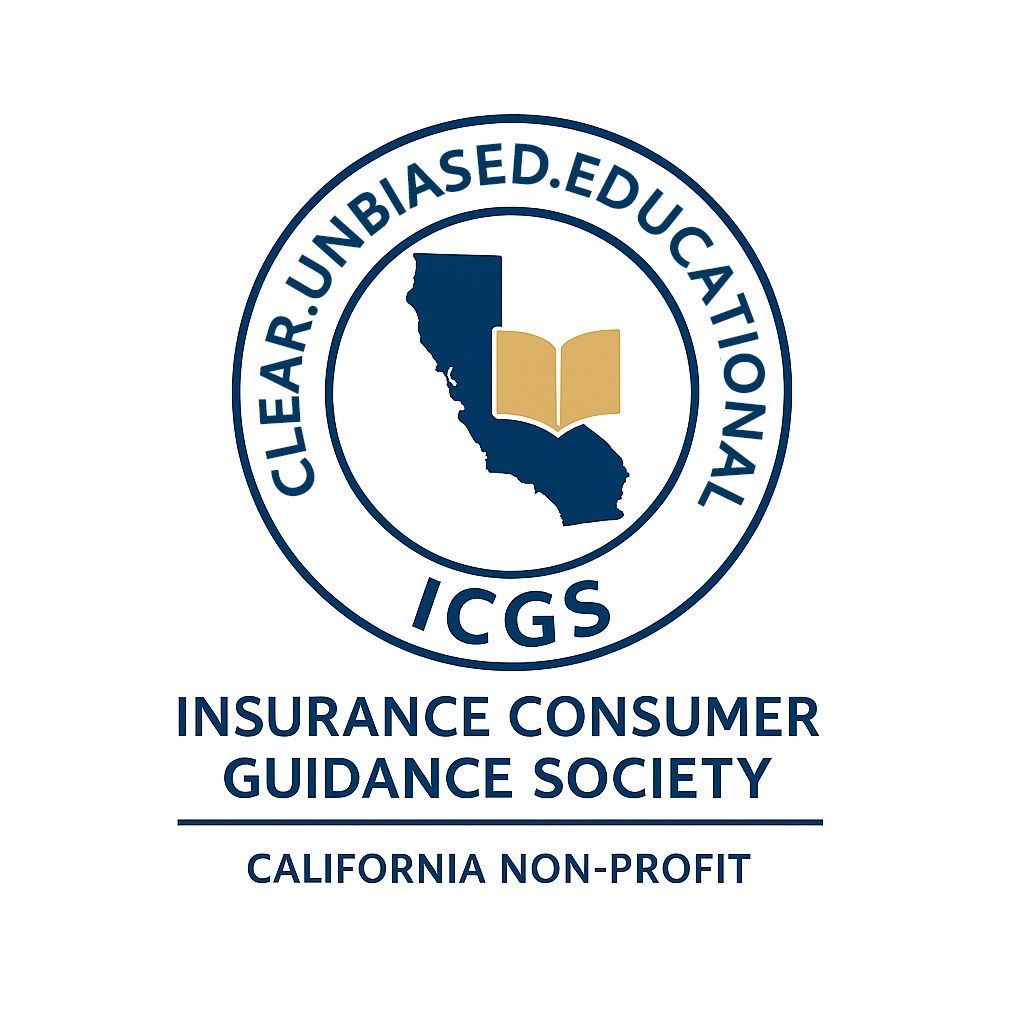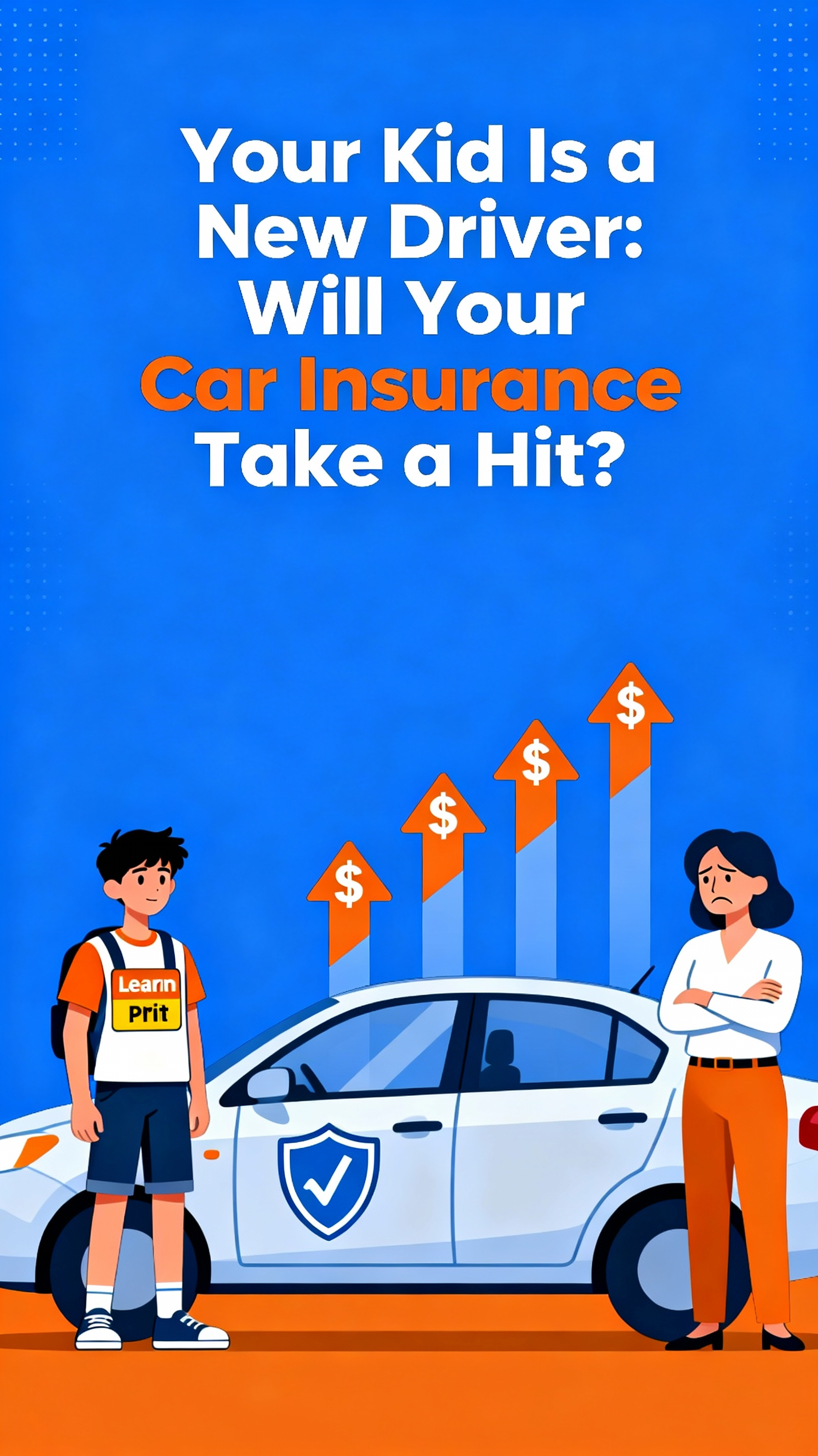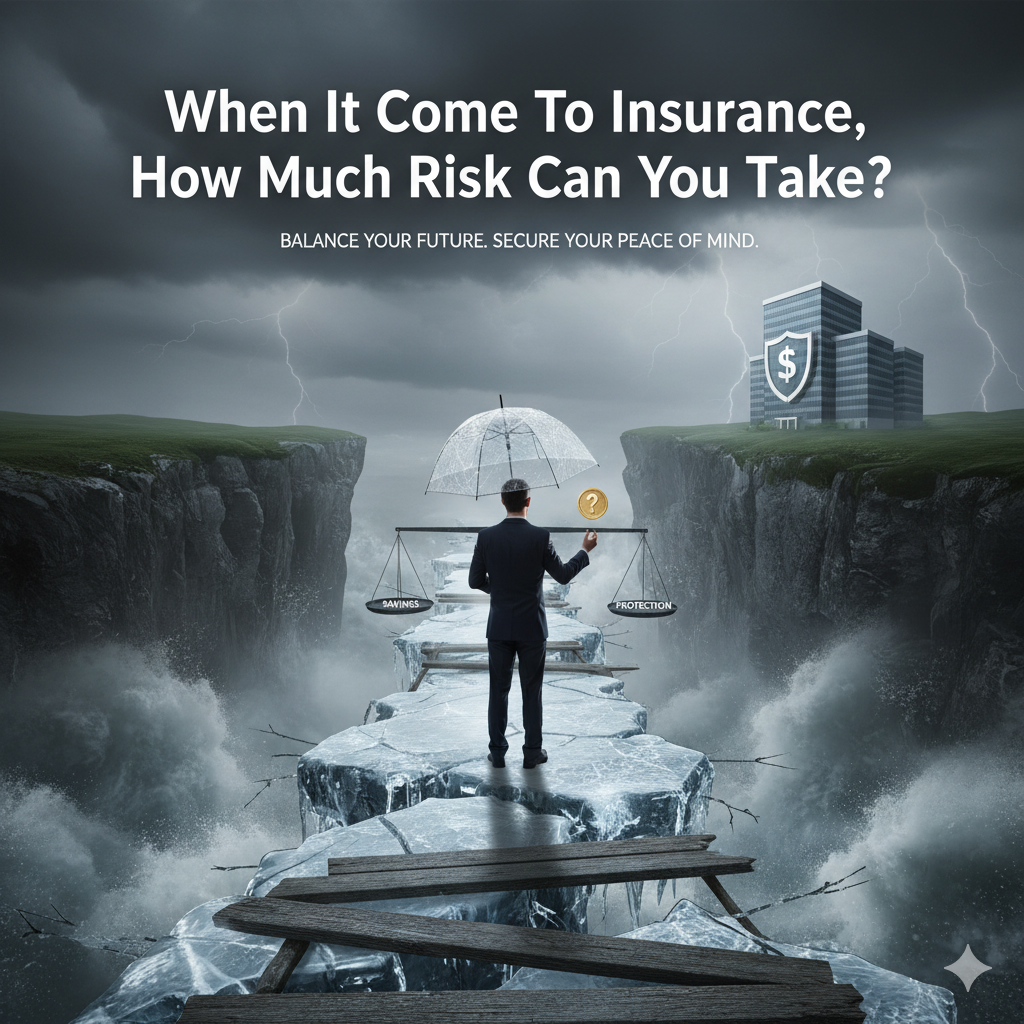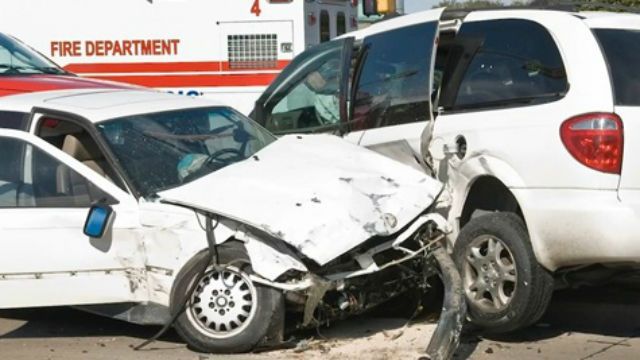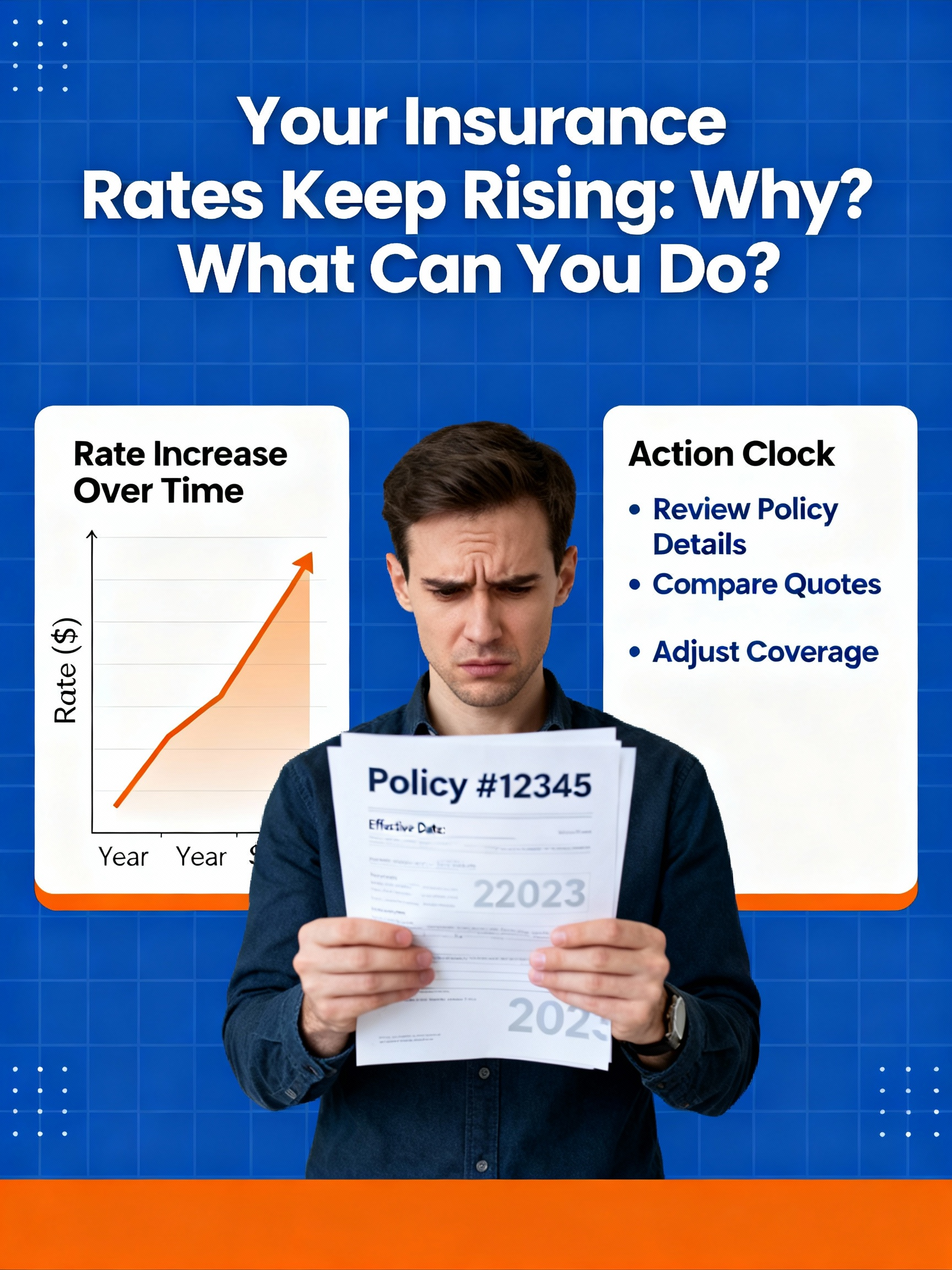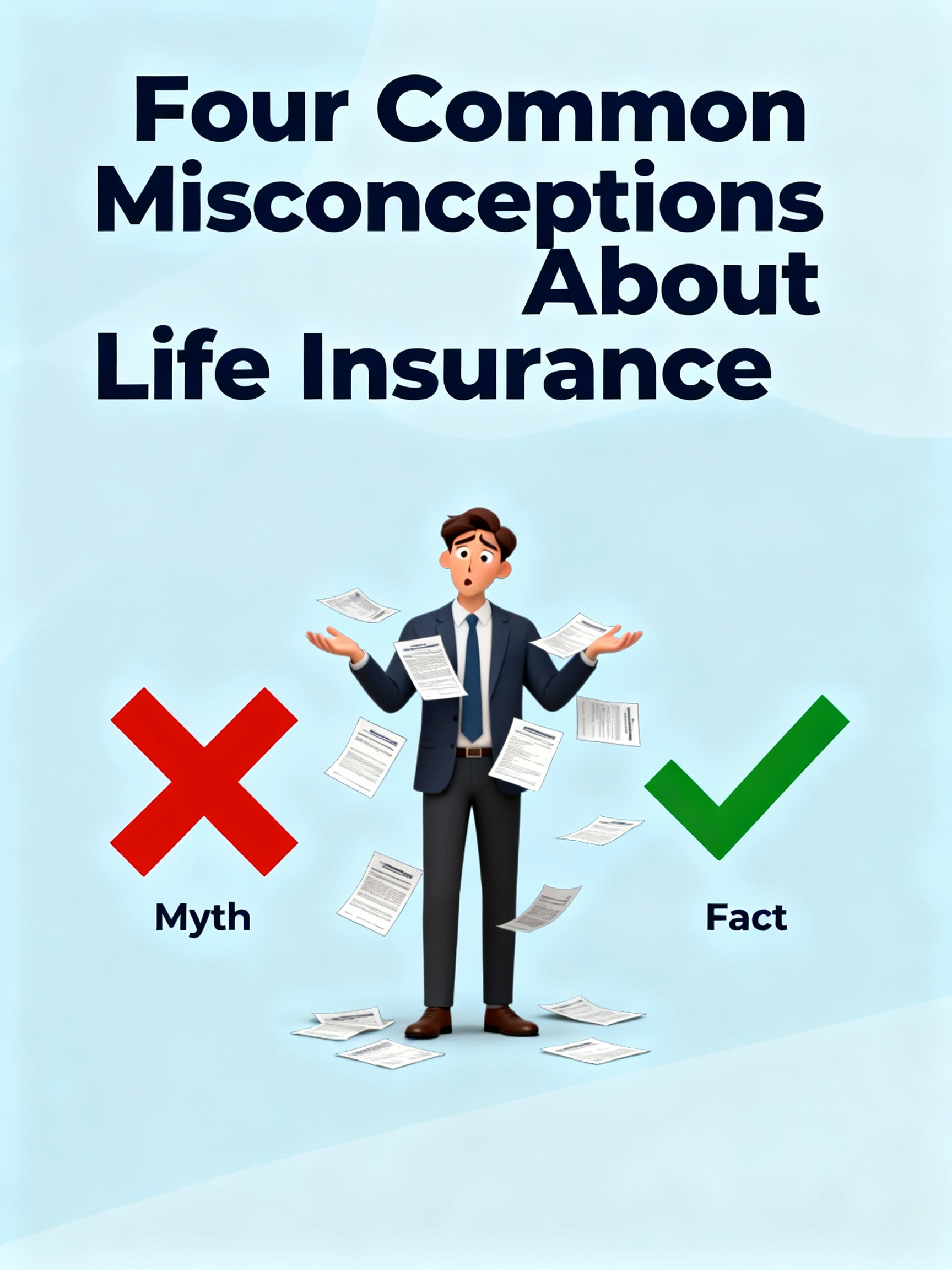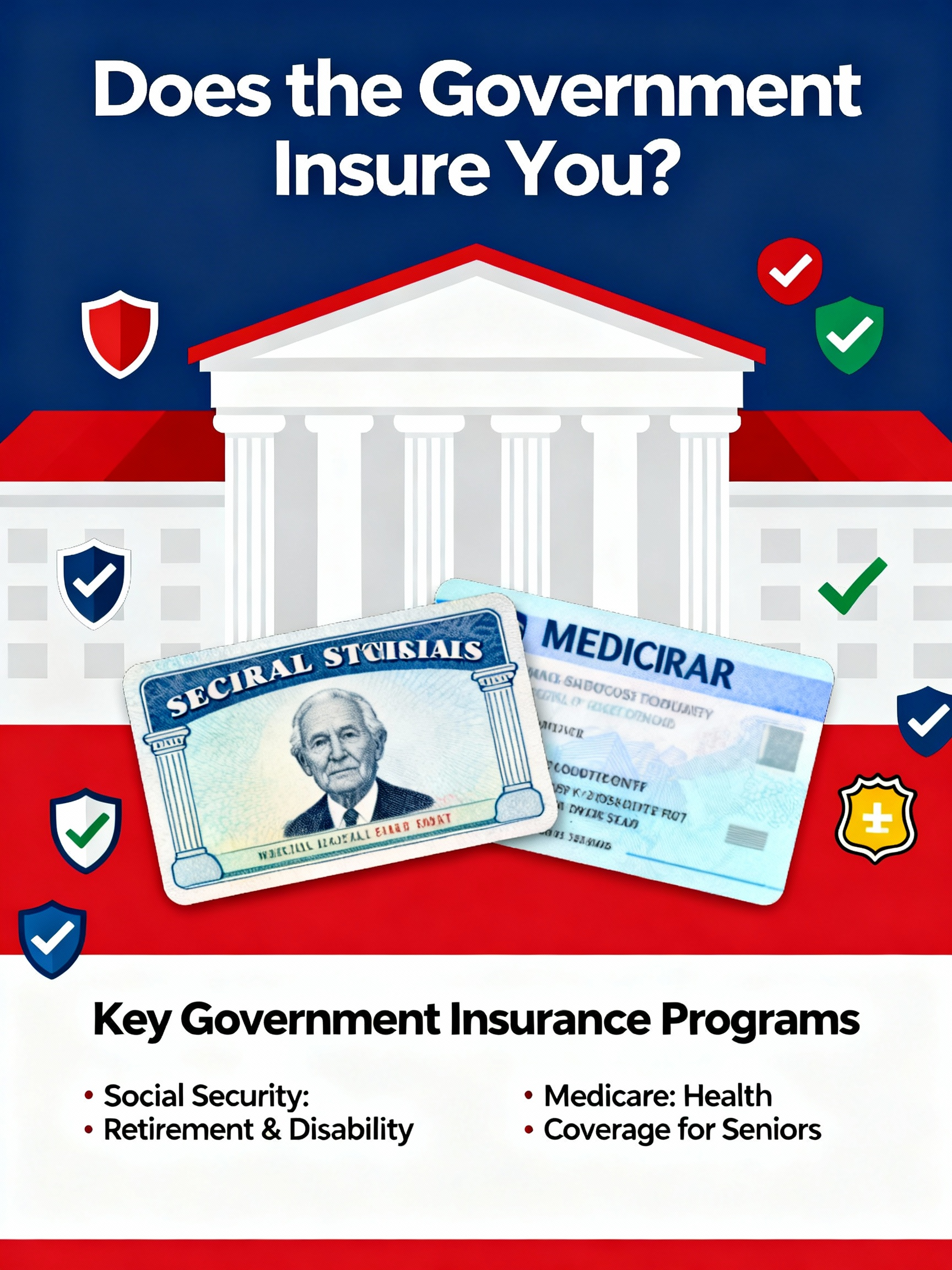California’s Auto Insurance Squeeze: Why Quotes Disappeared and Relief Is Coming
Published Date: 10/15/2023
When you’ve tried to shop for auto insurance in California recently, you may have been met with silence. No quotes. No callbacks. No options. As insurance expert Karl Susman explains, this isn’t rudeness or neglect — it’s a symptom of a deeper statewide market freeze.
Below is the fully restructured, SEO-optimized article with clean hierarchy and improved flow.
Drivers across the state are experiencing record-high premiums and shrinking coverage options. Yet according to Susman, the situation is temporary — and long-overdue changes are finally beginning to restore balance to the market.
The Vanishing Quotes: Why Insurers Went Silent
For decades, California’s auto insurance market thrived on competition. Drivers could easily collect quotes from multiple insurers and switch companies with minimal effort. But today, many callers hear nothing but silence.
If you can’t get a quote, Susman says, it means one thing: there is no competition. Multiple insurers are temporarily freezing new policies while they wait for long-overdue state-approved rate updates — the first in nearly three years.
Without approved rates that reflect current claim costs, insurers cannot sustainably write new business. The result is a near-halt in quoting across the state.
Proposition 103 and California’s “Best Price” Rule
California’s consumer-protection laws require insurers to offer every driver their best approved rate. They cannot raise prices or adjust premiums without approval from the California Department of Insurance (CDI).
This protects consumers from arbitrary pricing, but it also slows insurers’ ability to react to rapid cost increases — especially during periods of inflation, labor shortages, and rising repair expenses.
Why Insurers Stopped Writing New Policies
Susman explains the situation simply: insurance companies were losing money on every policy they wrote.
For 31 months with no approved rate changes, claim costs skyrocketed due to:
- Inflation in labor and medical costs
- Supply-chain delays that increased repair times
- Expensive rental car extensions during those delays
- Rising accident severity and higher total-loss payouts
The math stopped working. With expenses far outpacing premiums, insurers paused new business to avoid deeper financial losses.
Rate Recovery: The Long-Awaited Turning Point
For the first time in nearly three years, insurers are receiving approvals to adjust rates based on real, current data. Susman describes this as “rate recovery,” and it’s the key to restoring market stability.
The CDI closely scrutinizes every rate request — approving only what insurers can justify mathematically. This slow but structured process ensures fairness while allowing insurers to regain solvency.
How Rate Freezes Created a Hard Market
With insurers unable to charge sustainable rates:
- Companies stopped writing new policies
- Competition disappeared
- Options dwindled
- Prices rose
- Consumers faced long delays and fewer choices
This “hard market” environment reinforced itself, deepening the squeeze on drivers.
But with rate recovery underway, the market is now approaching equilibrium.
Why Solvency Matters for Consumers
Insurers must maintain financial reserves to pay out current and future claims. If they cannot operate profitably, they cannot remain in the market — and every company that exits reduces competition.
As Susman reminds drivers, insurers are not nonprofits. If they lose money, they stop writing policies. If too many companies pull back, premiums stay high.
Higher Rates Now — Lower Rates Later
Susman is direct: drivers should expect the highest auto insurance prices they’ve ever seen in California.
But he also emphasizes that this pain is temporary.
As rate approvals finalize, insurers regain financial stability. Once they reach equilibrium:
- They begin writing new policies again
- Competition returns
- Pricing pressure eases
Rates won’t return to past lows — repair and labor costs remain high — but increased competition will gradually soften premiums over time.
Smart Moves for Drivers in Today’s Market
Susman offers several practical strategies to stay protected and control costs:
- Avoid lapses: Keep your current policy active to avoid expensive reinstatement.
- Communicate with your agent: They’ll know when carriers reopen to new business.
- Review your policy: Mileage and discount updates can reduce costs.
- Stay patient but proactive: Options will expand as the market stabilizes.
CDI’s Role: Fairness and Stability
The California Department of Insurance must balance consumer protection with insurer solvency. Susman stresses that the CDI is not the “bad guy.” Every approved rate is based strictly on provable data and mathematical justification.
This oversight builds long-term trust and prevents unjustified rate hikes.
The Road Ahead for California Drivers
The market is currently in recovery — frustrating in the short term, but crucial for long-term health. Susman believes the worst is behind us.
Once insurers return to profitability:
- Competition will increase
- Companies will reenter the market
- Consumers will have more choices
- Premiums will begin to normalize
Key Takeaway: Relief Is Coming Soon
For now, Californians face high prices and limited options. But with rate recovery nearing completion, the market is stabilizing.
Susman sums it up clearly:
“Painful news right now — but good news on the horizon.”
As insurers regain equilibrium, the ability to shop for coverage will return. Options will expand. Competition will rise. And prices will gradually settle into a more sustainable range.
Author
